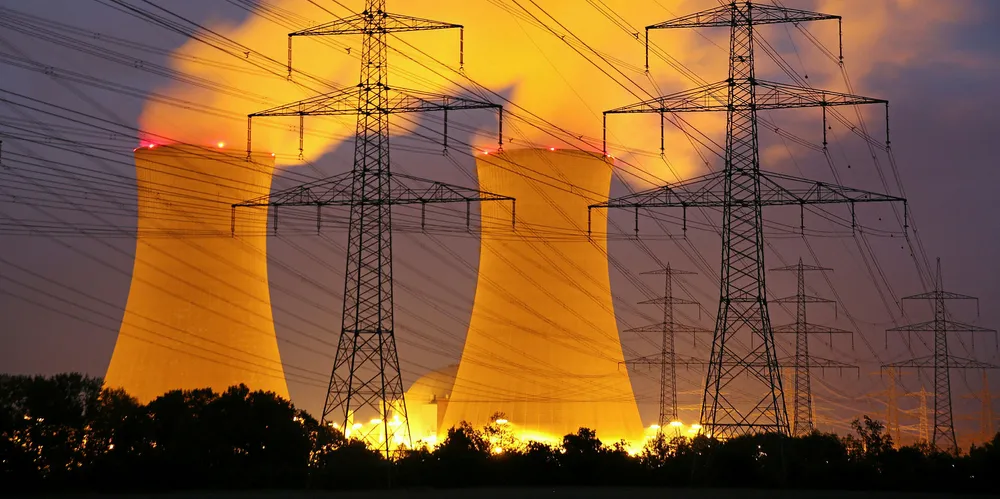‘Nuclear has never been economic and is dangerous’: study
The German Institute for Economic Research calculates new nuclear plants will face losses of €4.8bn on average

The German Institute for Economic Research calculates new nuclear plants will face losses of €4.8bn on average
